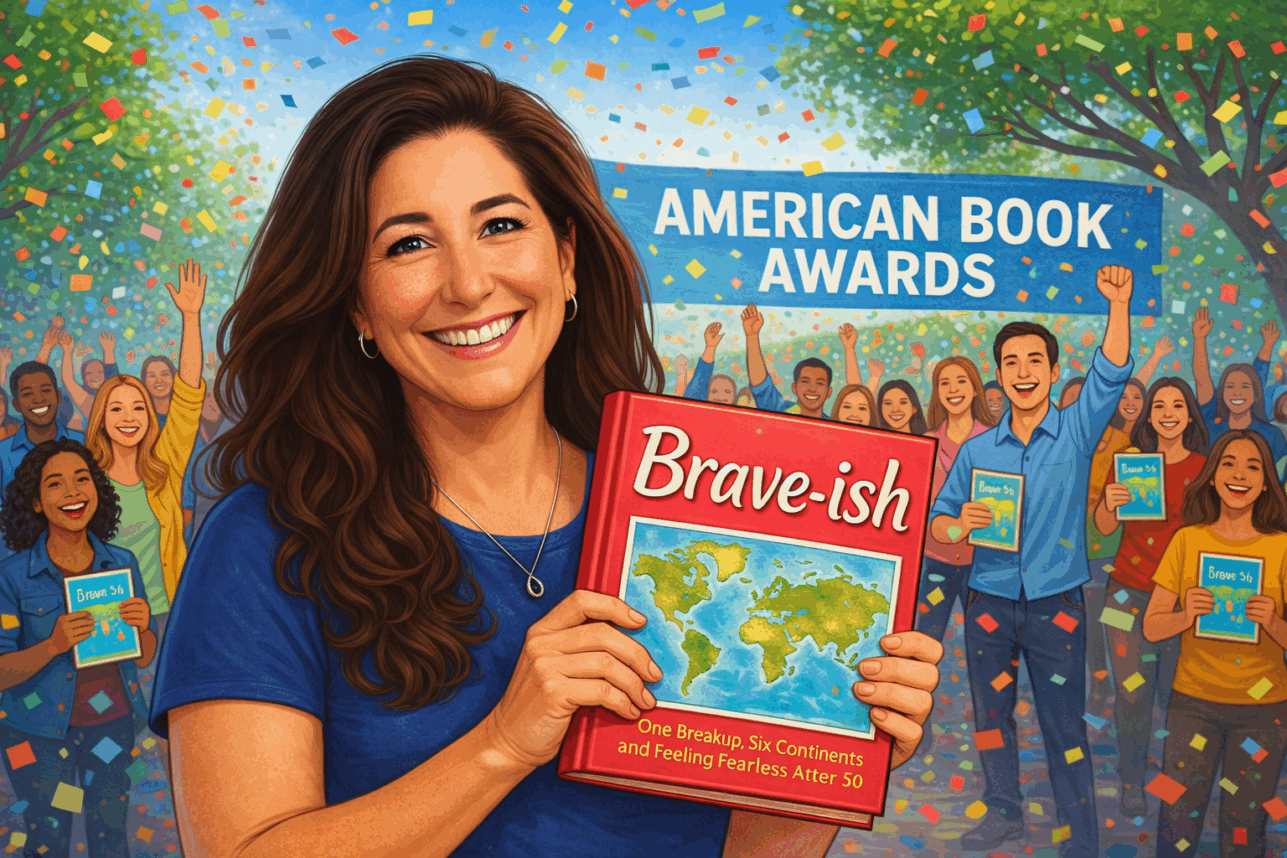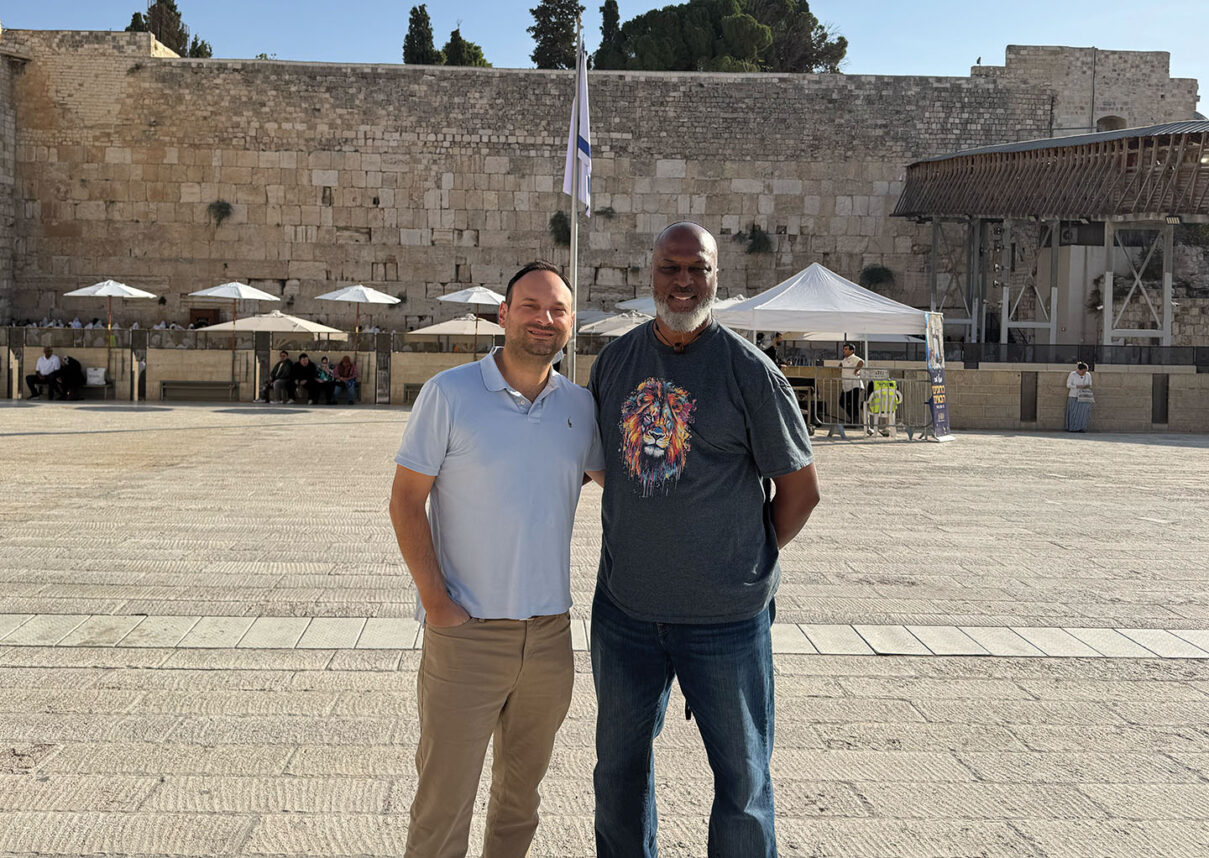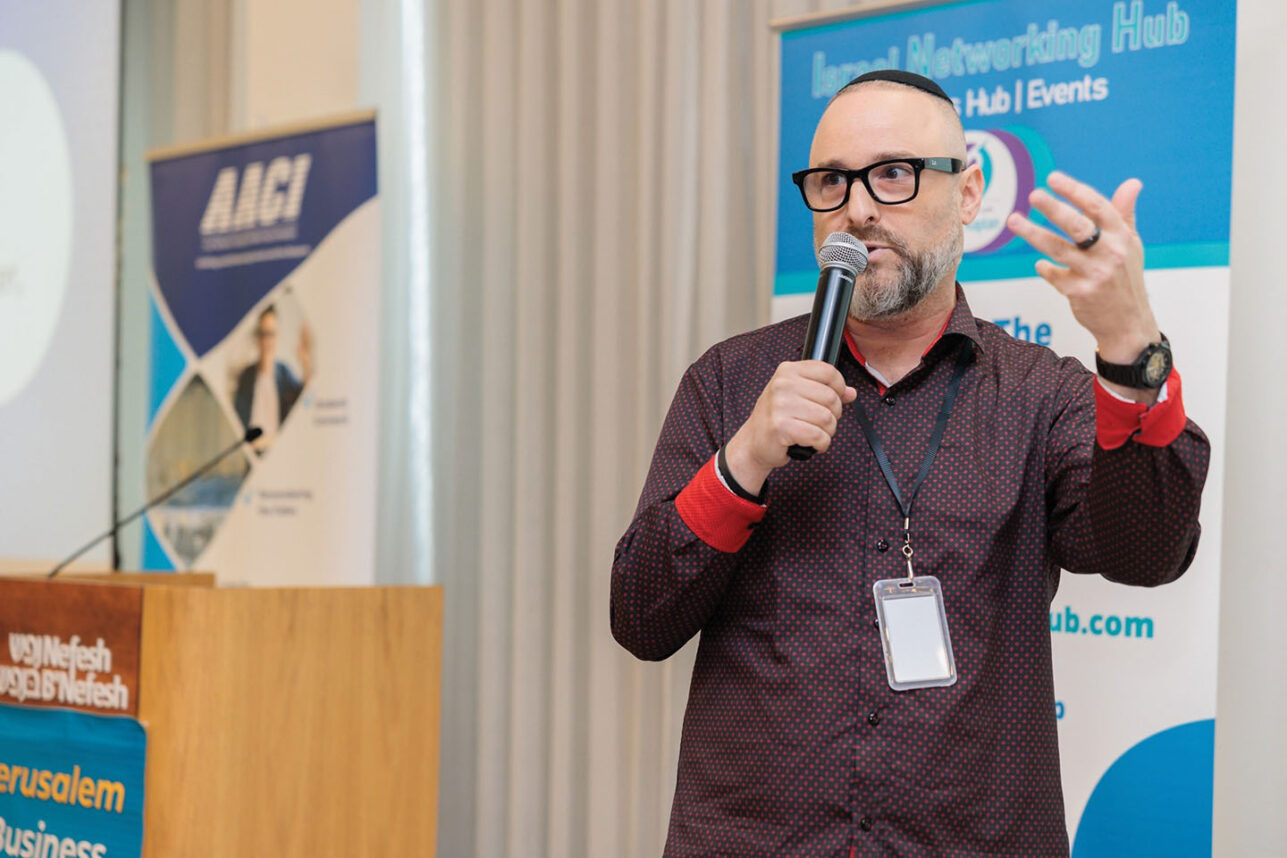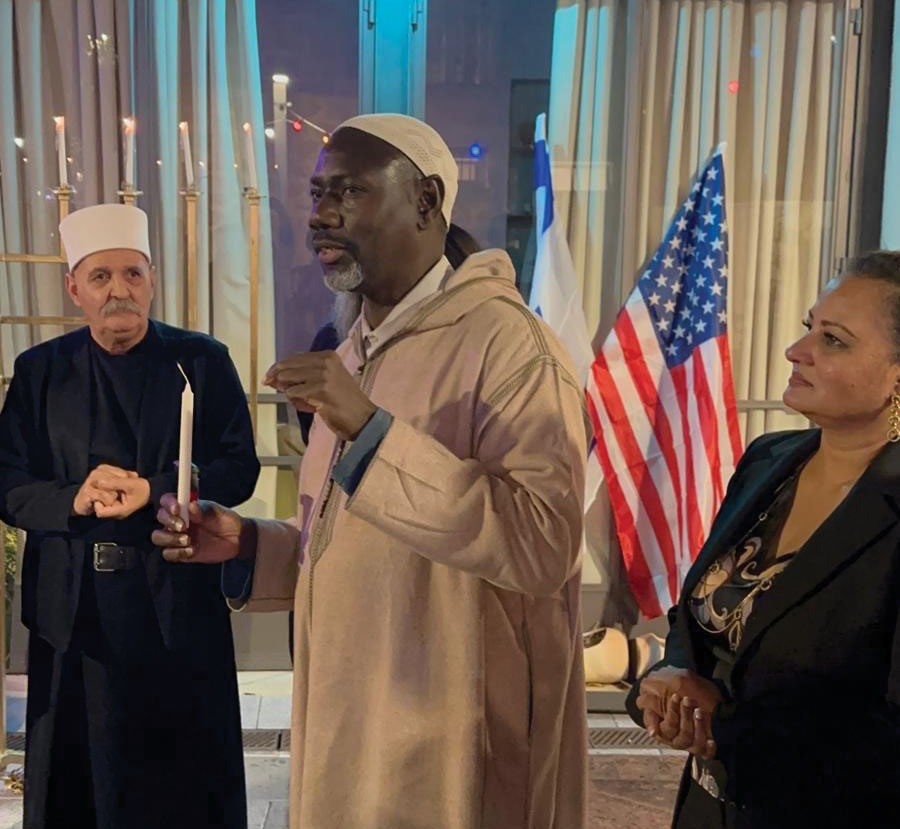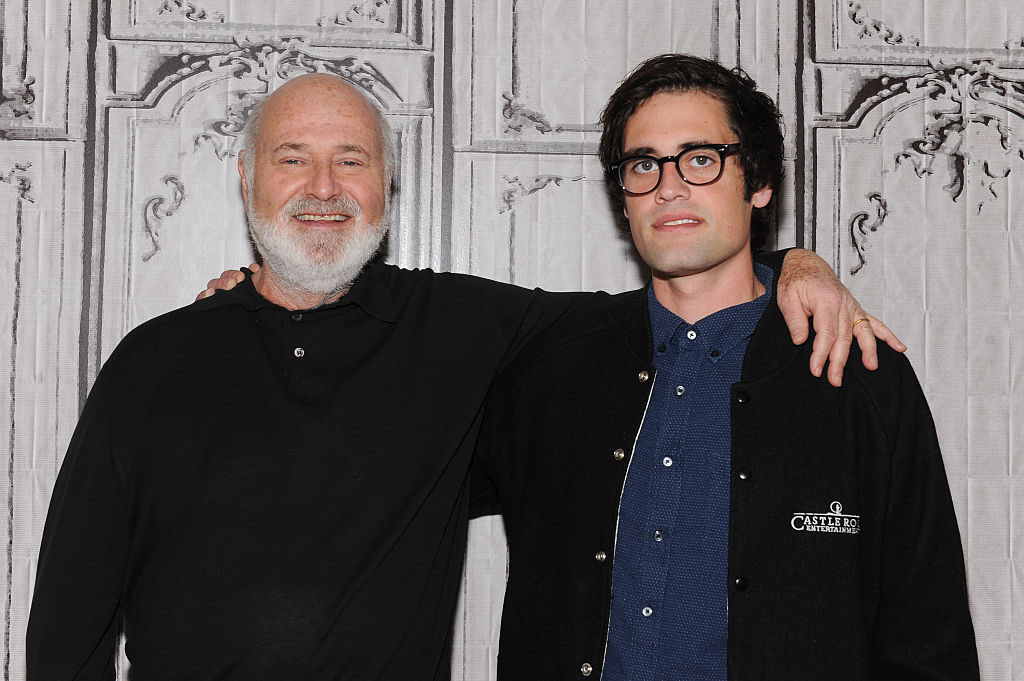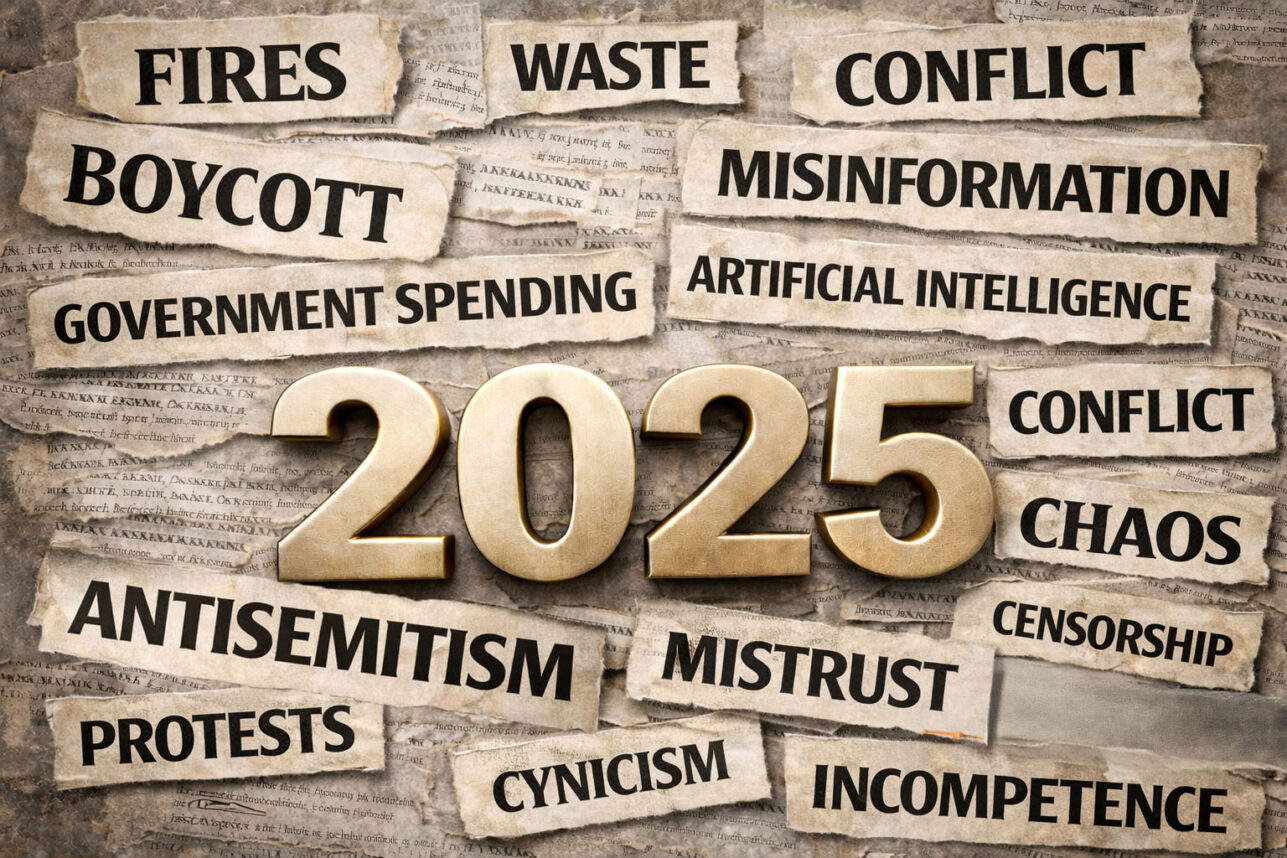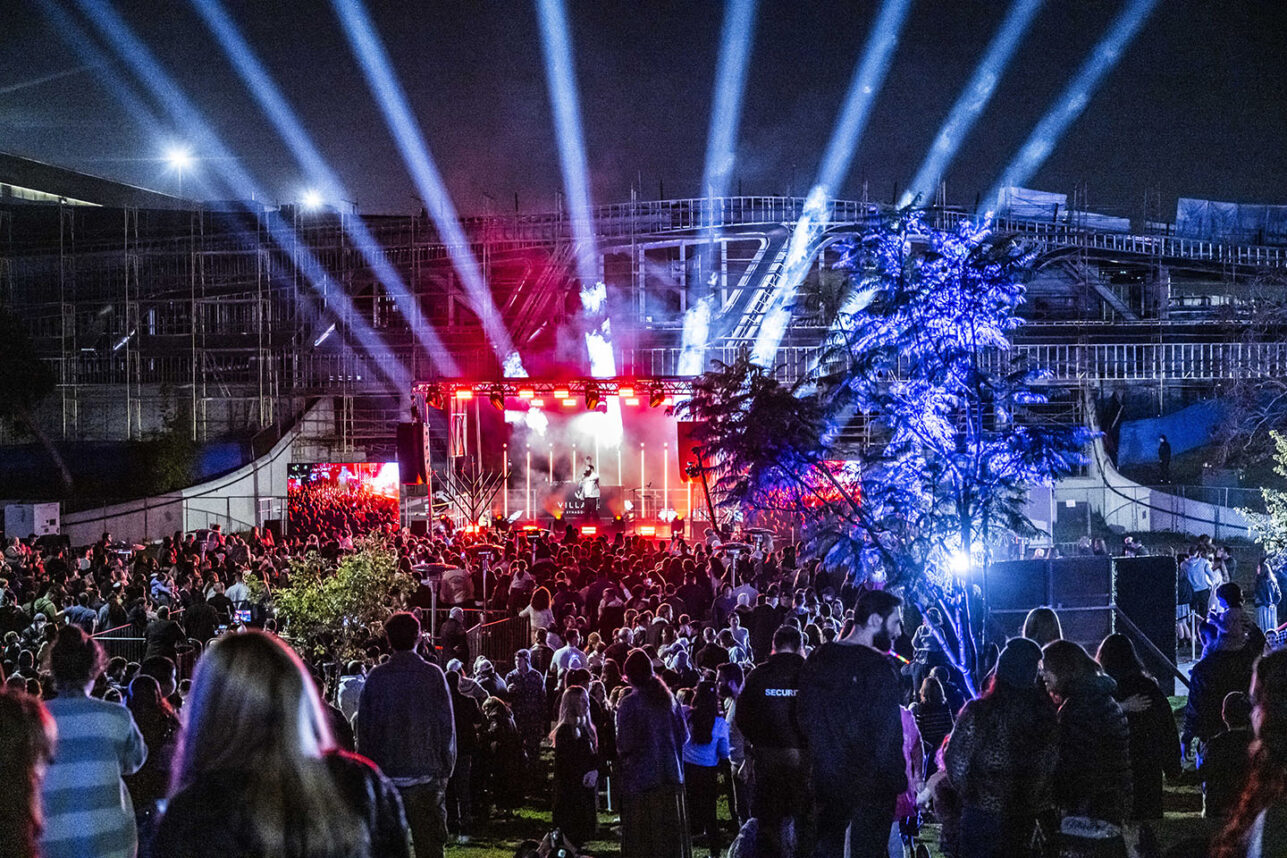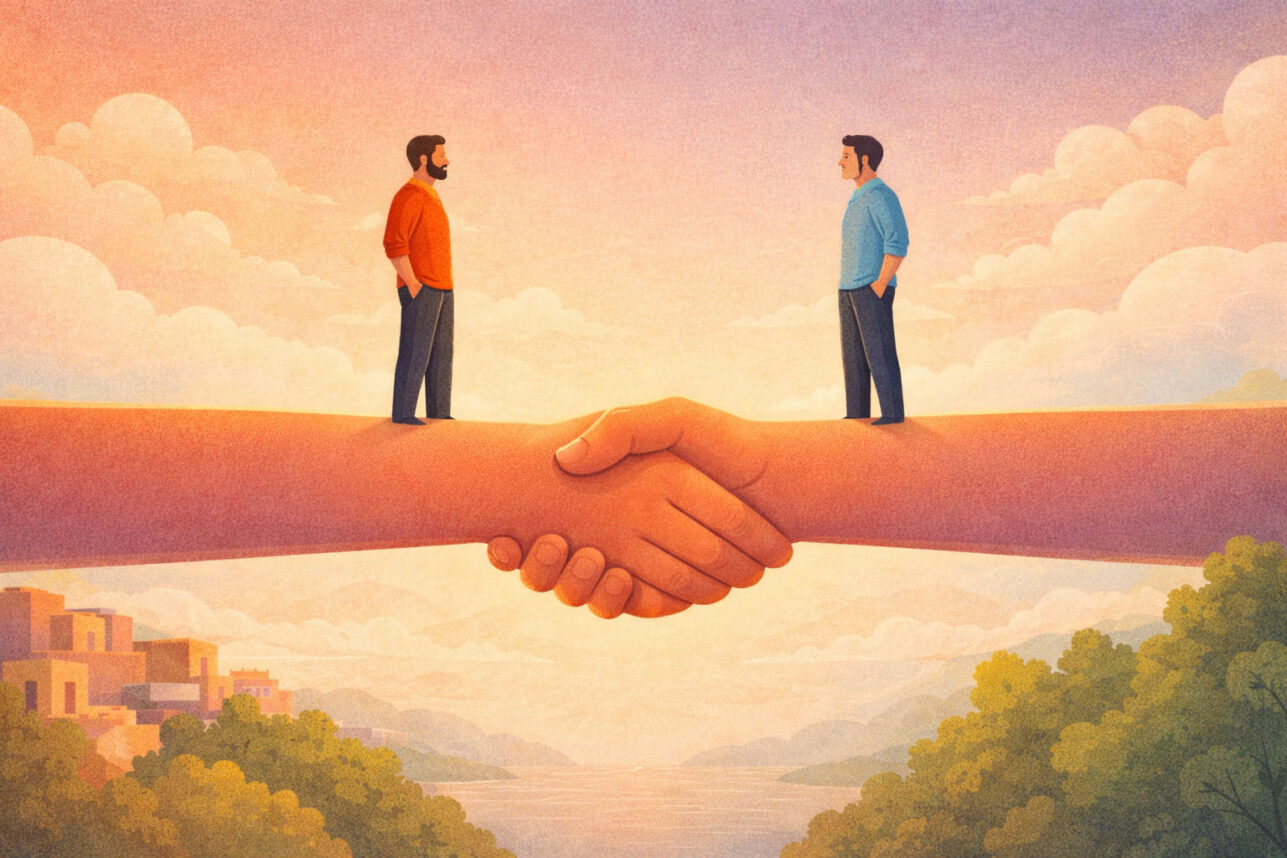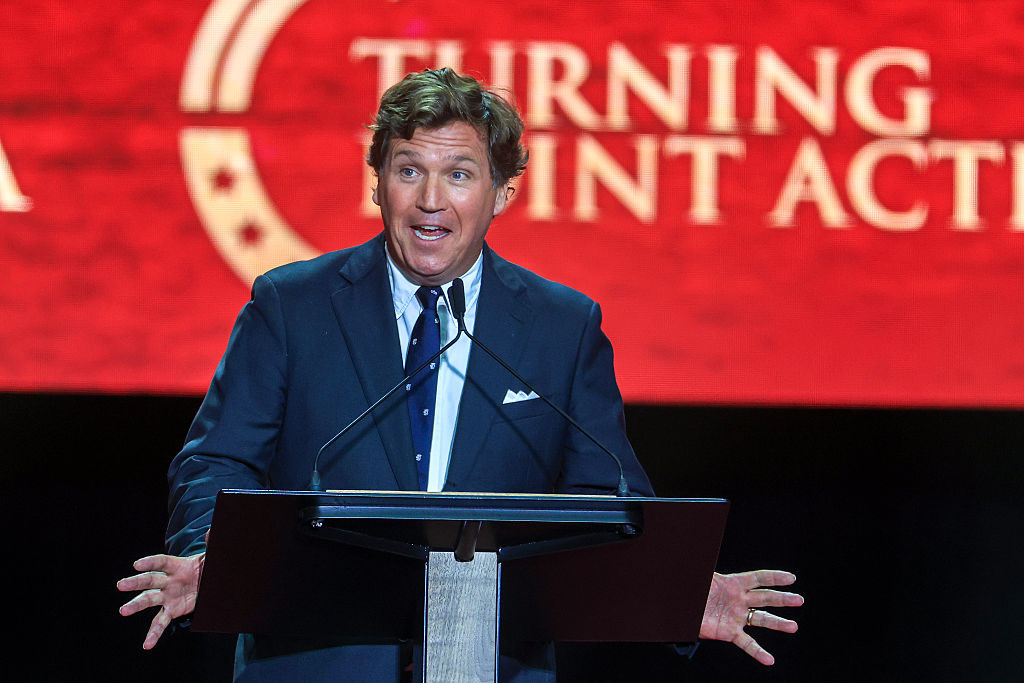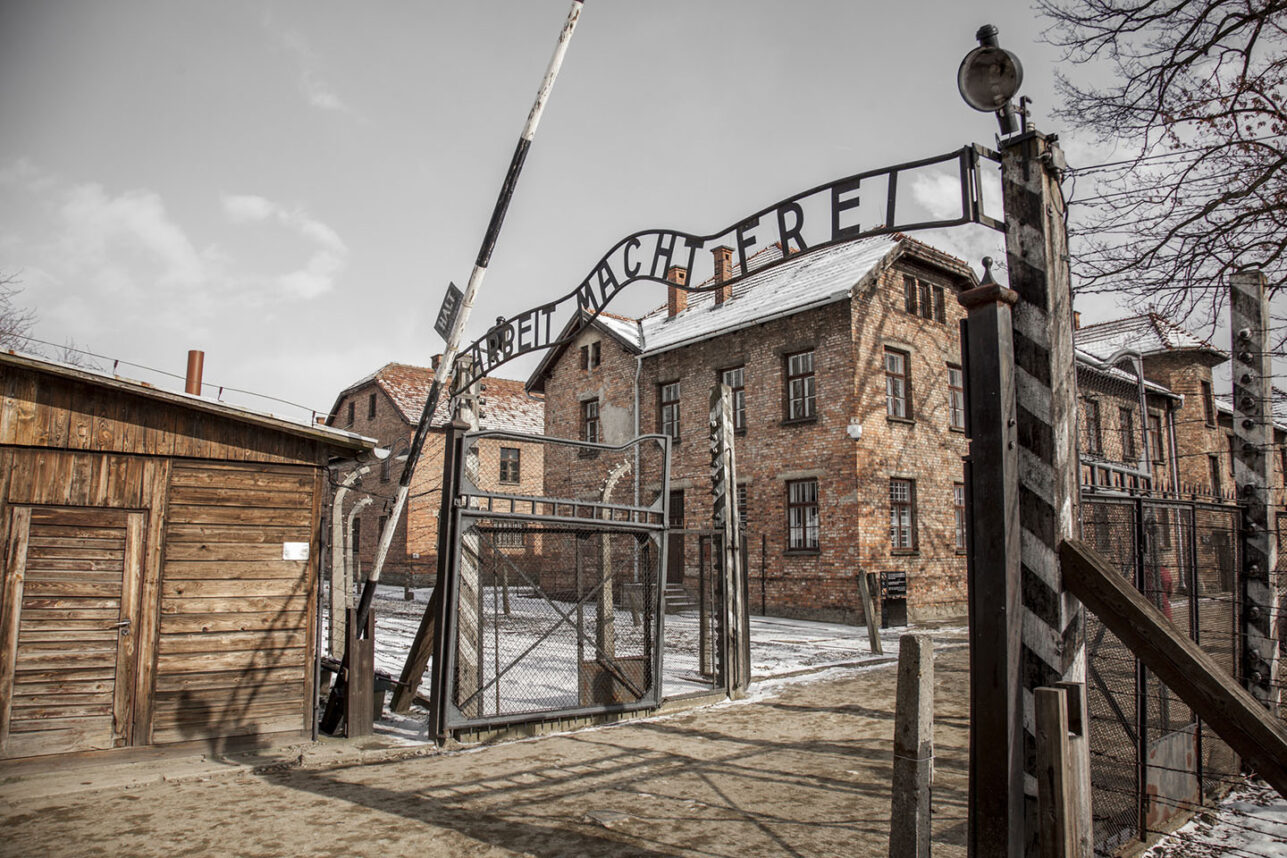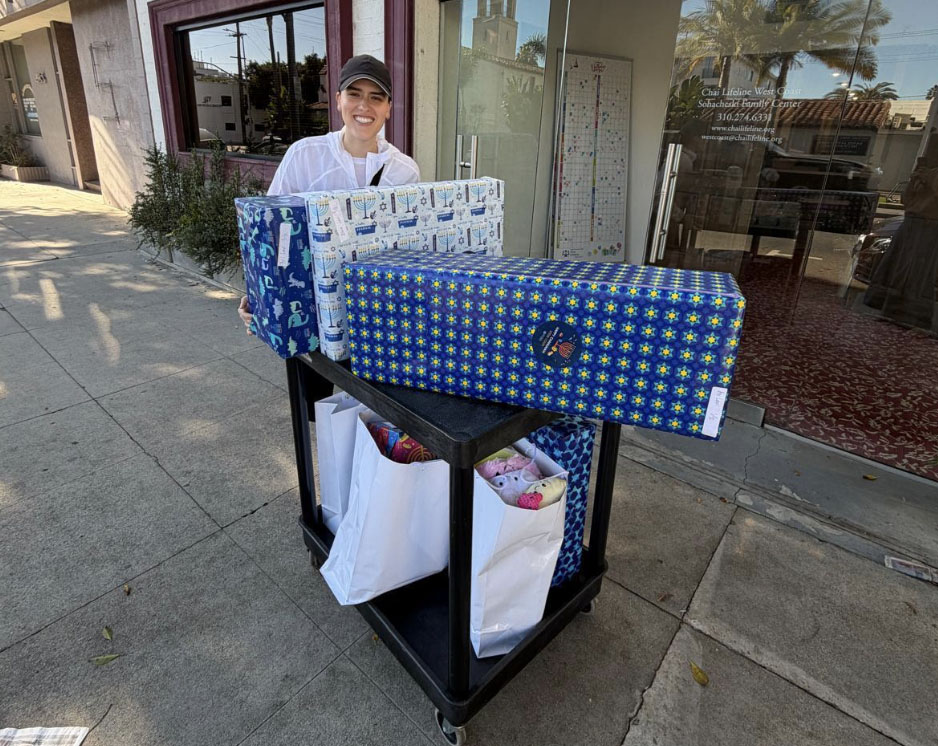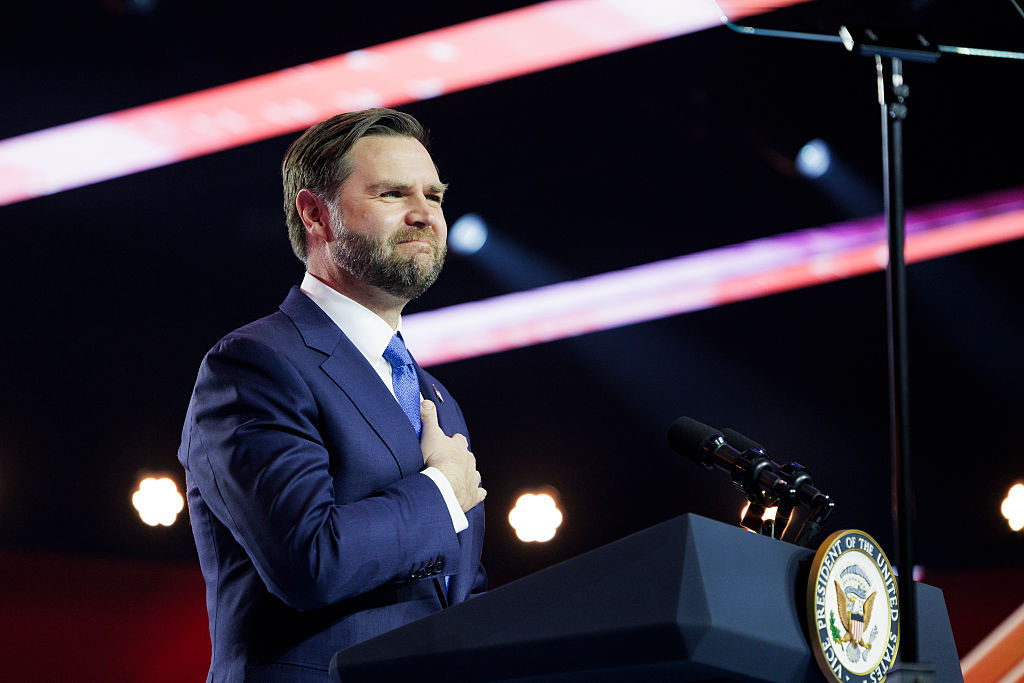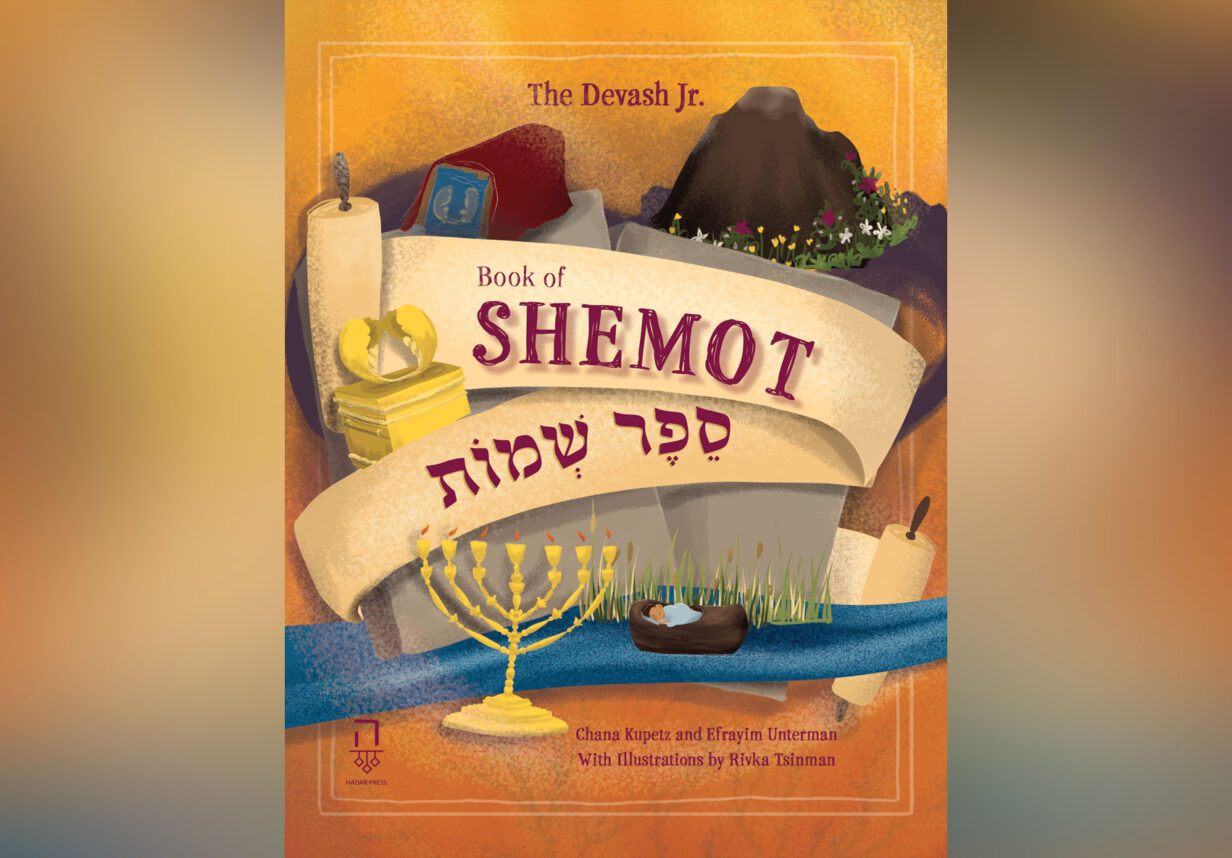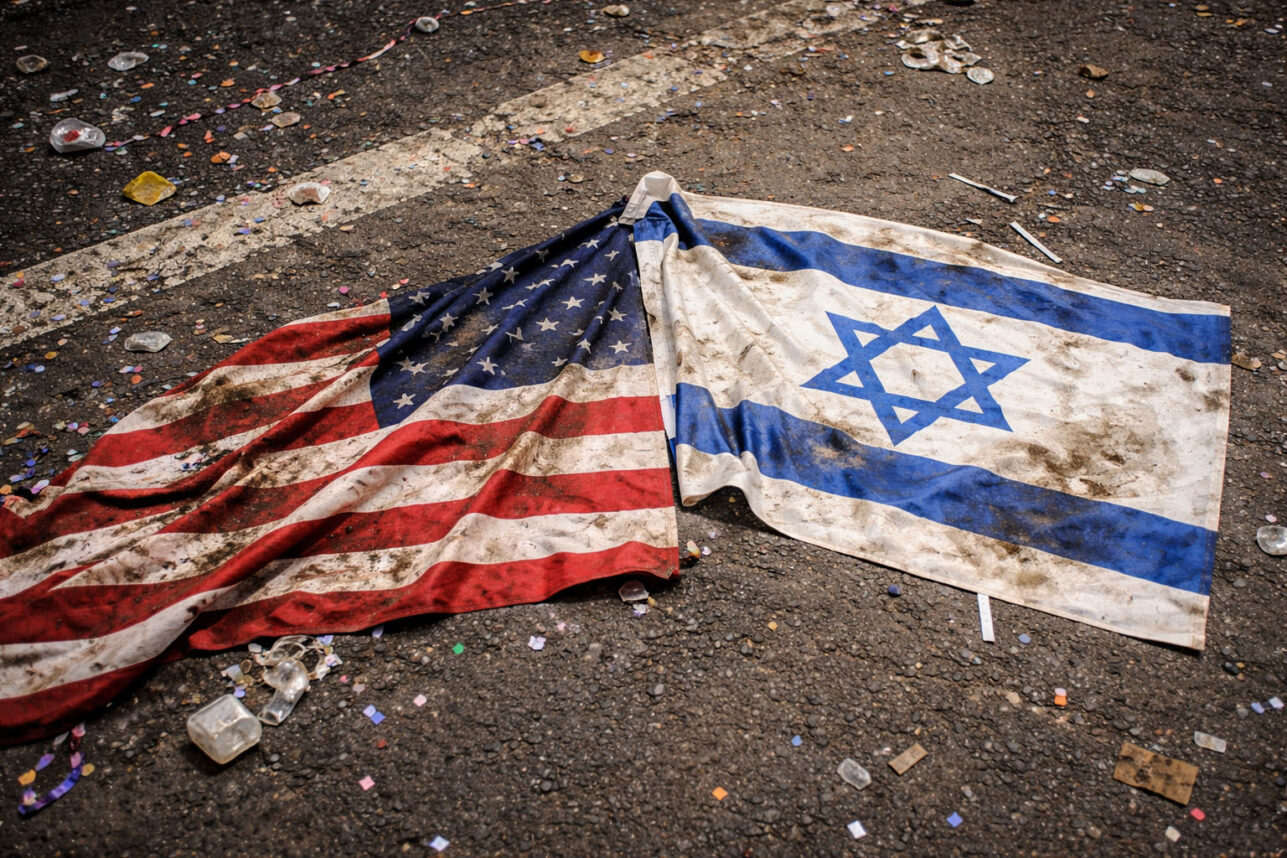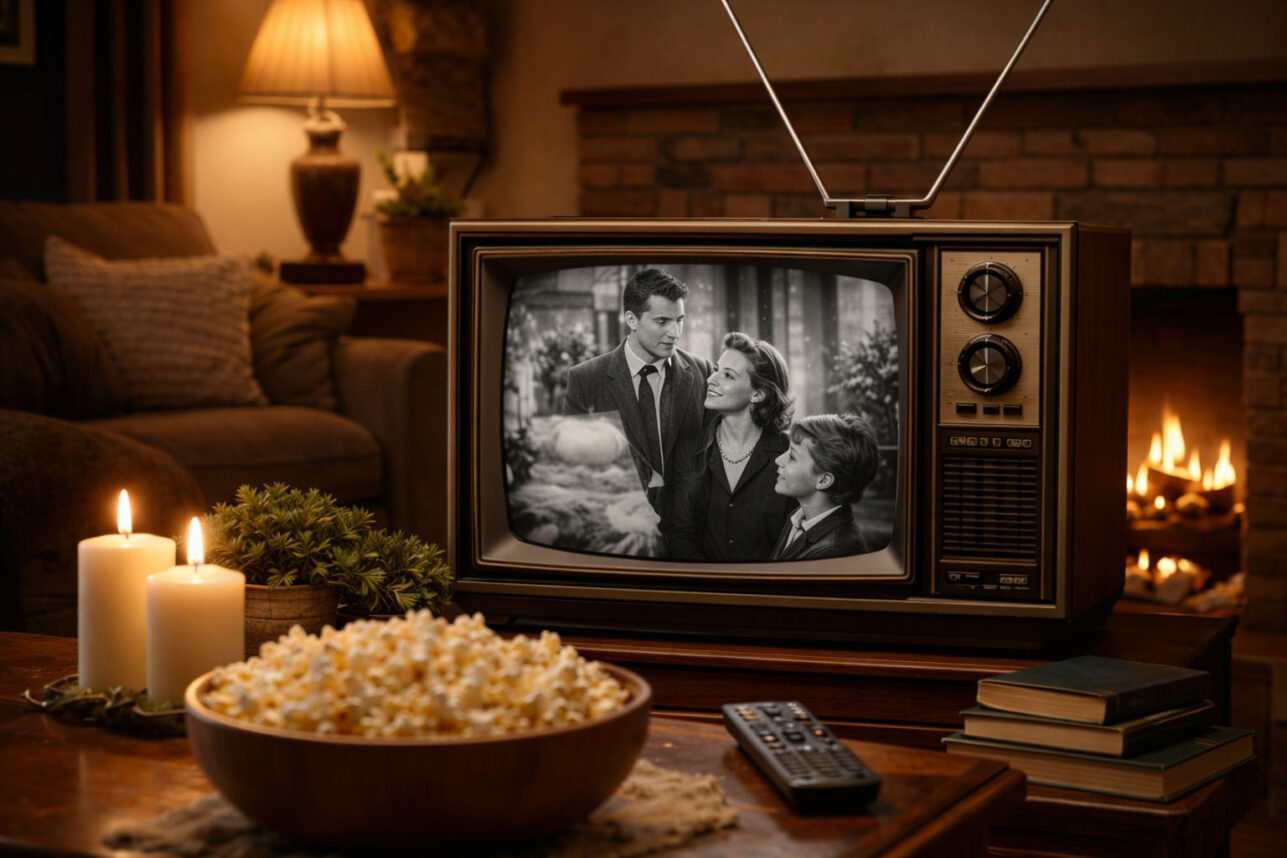The March/April 2010 issue of Moment magazine features a final interview with Howard Zinn, the counter-historian whose People’s History of the United States has become a bible of the campus Left.
Zinn died last January at the age of 87 in Santa Monica. As we reported then:
Howard Zinn, an American Jewish historian who wrote the “People’s History of the United States,” has died.
Zinn, whose best-seller helped establish him as a central figure of the American left, died of a heart attack Wednesday in California. He was 87.
Along with another Boston-based American Jewish professor, Noam Chomsky, Zinn was a leading left-wing intellectual. His “People’s History,” published in 1980, accused Christopher Columbus of genocide while venerating labor leaders and war opponents.
“He’s made an amazing contribution to American intellectual and moral culture,” Chomsky said, according to the Boston Globe. “He’s changed the conscience of America in a highly constructive way. I really can’t think of anyone I can compare him to in this respect.”
“People’s History” inspired a documentary in 2009 on the History Channel titled “The People Speak.” Zinn narrated the documentary, which highlighted those who spoke up for social change.
Zinn, a New York City native and the son of Jewish immigrants, wrote several books and three plays. His last essay, about President Obama’s first year in office, was published last week in The Nation.
He flew missions throughout Europe during World War II.
I’ve never read an extensive interview with Zinn about his Jewishness and his views on Israel, and writer Jeremy Gillick does an excellent job drawing him out, if not exactly challenging him.
The opening questions give Zinn a chance to reflect on his family, his upbringing in a Yiddish-speaking home, and his parents’ lack of strong political views:
What was your Jewish upbringing like?
My parents were not very religious. They observed the big holidays—Rosh Hashanah, Yom Kippur, Passover—and they kept a kosher household. They spoke Yiddish to one another and English to us, but there was enough Yiddish spoken so that even now I can pretty much understand it. I went to Hebrew school to study for my bar mitzvah and endured it, unenthusiastically. When my bar mitzvah was over, that was the end of my religious activity.
Was your family political?
Not at all. My parents were working people concentrating on survival. The only extent to which they were political is that they were aware about Hitler, Nazism and anti-Semitism, and Roosevelt and the New Deal, since poor people understood that Roosevelt was helping them in some way. Sometimes people ask me how my Jewishness has affected my radical political beliefs, and I say “slightly.” My radical political beliefs come from many sources. But you can’t say being a Jew has absolutely no effect on your thinking.
Did you ever experience anti-Semitism?
I knew anti-Semitism existed and that sometimes people looked upon Jews in a different way, but I never experienced anything overt. I suppose a lot of it had to do with living in a Jewish neighborhood. Before I went into the military I spent three years working in the Brooklyn Navy Yard, where I was a little more aware of being Jewish because the shipbuilding industry had few Jews. It wasn’t like the garment industry. There was not overt anti-Semitism, but I knew that the German guy I worked with was conscious of the fact that I was Jewish.
Then Zinn answers questions about Israel itself, which he calls, in retrospect, a mistake.
How did you react to Israel’s creation in 1948?
I didn’t know a lot about it, but I remember speaking at some gathering to celebrate its founding. I wasn’t a Zionist. I just vaguely knew that a Jewish state was being created and that seemed like a good thing. I had no idea that the Jews were coming into an area occupied by Palestinians.
Were you critical of Israel before 1967?
Before 1967 Israel did not loom large in my consciousness. I was aware that there was a war between Israel and the Arab states in 1956, but it really wasn’t until 1967 and the taking of the occupied territories that I realized this was a serious problem. I remember reading I.F. Stone, who was very concerned with Israel.
How do you discuss Israel and Palestine with Jews who might be resistant to claims that Israel bears some responsibility for the conflict?
As always in very complicated issues where emotions come to the fore quickly, I try to first acknowledge the other party’s feelings. In the case of Israel I try to say, yes, I understand your sympathy for a Jewish state, and I understand that you become angry when rockets fall [in Sderot] or when a suicide bomber takes needless life. But that has to be seen in proportion. I try to appeal to the experience of Jews, the experience of the Holocaust, by saying, if it’s never again, it’s not just never again for Jews, it’s never again for anybody. I also try to present facts that are hard to put aside. Rockets from Gaza killed three Israelis; Israelis retaliated with an enormous bombardment that killed 1,000 people. You can’t simply write that off or say, well, they’re morally equivalent or it was bad on both sides. Or the Lebanese send rockets into Israel, killing a number of people, and the Israelis invade Lebanon in 1982 and there are 14,000 civilian casualties. These are horrors inflicted by a Jewish state. As a Jew I feel ashamed when I read these things…I [also] try to appeal to what I think are the best legacies of the Jewish people—people like Albert Einstein and Martin Buber, who cannot be simply written off, because they’re Jewish heroes. And these are people who were critical of Israel and sympathetic to Palestinians.
Do you think that Zionism was a mistake?
I think the Jewish State was a mistake, yes. Obviously, it’s too late to go back. It was a mistake to drive the Indians off the American continent, but it’s too late to give it back. At the time, I thought creating Israel was a good thing, but in retrospect, it was probably the worst thing that the Jews could have done. What they did was join the nationalistic frenzy, they became privy to all of the evils that nationalism creates and became very much like the United States—very aggressive, violent and bigoted. When Jews were without a state they were internationalists and they contributed to whatever culture they were part of and produced great things. Jews were known as kindly, talented people. Now, I think, Israel is contributing to anti-Semitism. So I think it was a big mistake.
What’s interesting is that for all his radical and debatable analysis—ignoring a hundred years of PRE-war Zionism and settlement, for instance—Zinn arrives at a conclusion that Netanyahu and most mainstream Zionists and Palestinians putatively share—a two state solution.
What sort of solution do you want to see when it comes to the resolution of the Israeli-Palestinian conflict?
Ideally, there should be a secular state in which Arabs and Jews live together as equals. There are countries around the world where different ethnic groups live side by side. But that is very difficult and therefore the two-state solution seems like the most practical thing, especially since both Jews and Palestinians seem to favor it. It’s odd: All these people on both sides want a two-state solution, but it can’t come into being. The basic problem is the fanaticism of people like Benjamin Netanyahu and people who don’t want to give up the occupied territories. The settlements also pose a real problem. But it’s a problem that’s solvable. It was solved in the agreement with Egypt [when the settlers were removed from Sinai]. This time it’s more serious, but there are ways in which settlers can be compensated or assured of their rights in a Palestinian state as a quid pro quo for the rights of Arabs in the Jewish state.
This differs from the one-state solution many on the Left are now promoting, and shows an acceptance of Israel’s legitimacy that many on the Left now refuse to acknowledge.









